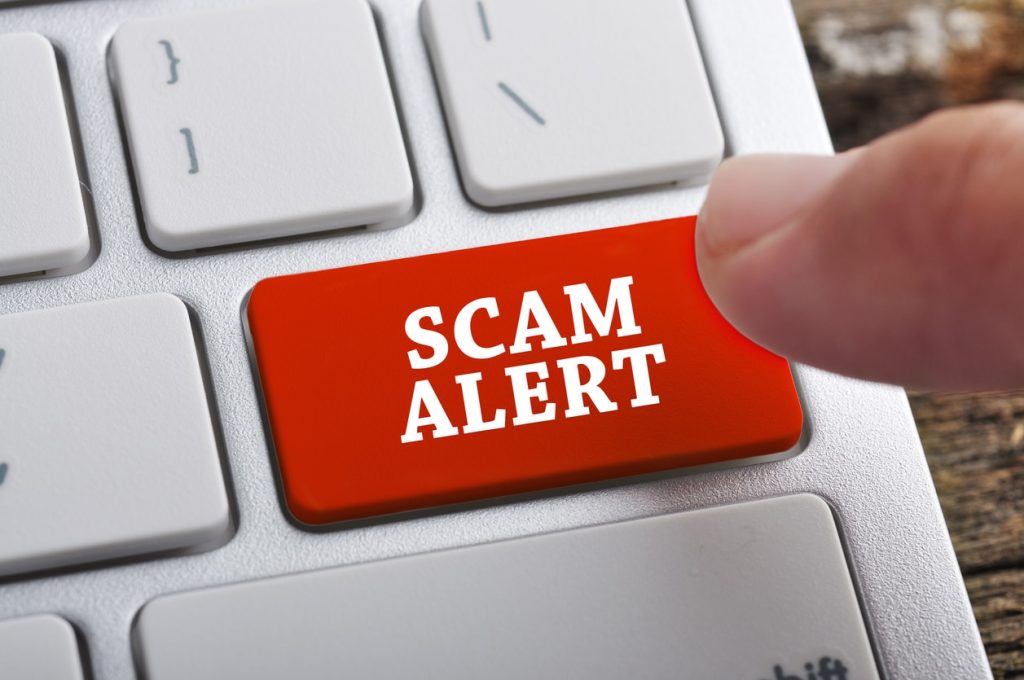Government actions to slow the progress of coronavirus have seen many companies redeploy staff to a homeworking situation. Without on-premises security in place, many employees are now being targeted by a host of coronavirus-themed scams.
In recent weeks there has been a rise in schemes related to healthcare test and trace protocols designed to track the spread of infection. In the Canadian province of Ontario, cybercriminals mimicked the “COVID Alert” application to deliver malware, and closer to home here in Bradford, West Yorkshire, a raft of scams has been revealed.
Susan Hinchcliffe, of Bradford Council, commented:
“Unfortunately, we have been alerted to a number of scams where fraudsters are taking advantage of the pandemic to deceive people. The scams range from premium rate phone numbers, to requests for sensitive personal information, and even demands for payments as high as £500 for a testing kit.”
The following are some signs to watch out for that indicate you are not being contacted by the NHS but being targeted by a track and trace scam.
Authentic contact from NHS tracers
Legitimate calls from tracers will use the number 0300 013 500, and SMS alerts and emails will be from NHS. Tracers will request you sign into the NHS’s dedicated test and trace website and will ask for your date of birth and full name to confirm who you are, along with your postcode, to support you in circumstances where self-isolating is necessary.
Tracers will ask about any COVID-19 symptoms you may have experienced, and request that you give the name and contact details (email or telephone number) of people you have been in close proximity to within two days of your symptoms showing.
Identifying a scam
If the tracer requests that you dial up any premium-rate telephone number (for example one that starts 087 or 09) or asks you to make a purchase or payment of any kind, you have been targeted by a fraudster. They may also request your bank details, social media identity, login credentials or those belonging to your contacts. They may also ask you to provide PINs or passwords or insist that you set up new ones with them.
They may tell you to download software or applications to your personal computer, or request control of a personal device such as a tablet or smartphone. Finally, if they attempt to offer you medical advice or suggest treatments on possible coronavirus symptoms, this is a clear indicator of a scam as an NHS contact tracer will never do this.
Staying safe from scams
Schemes related to coronavirus created to steal funds or harvest Personally Identifiable Information (PII) have surged in recent months. With many employees working remotely, their companies are more vulnerable to phishing scams and other forms of fraud. At Galaxkey, we offer a wide range of services designed to keep your staff communicating securely, from encryption for data files to advanced verification methods for emails and documents sharing. Contact us today for help and support.



